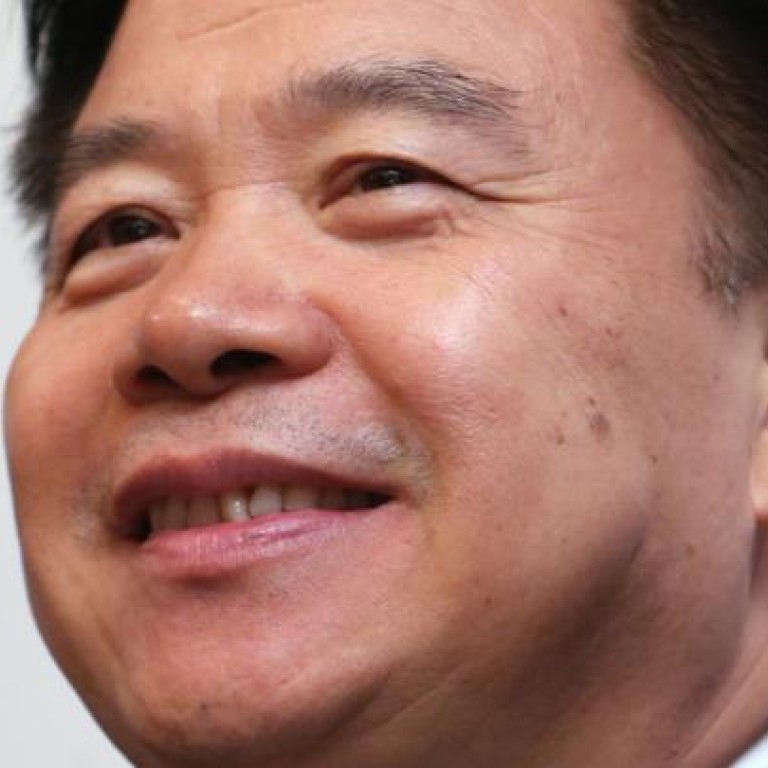
Oil and gas major CNOOC ebbs on net profit decline
Chinese oil and gas major reveals worse results than expected and cuts dividends to help finance planned acquisition of Canada's Nexen
Shares of CNOOC, the country's dominant offshore oil and gas producer, fell up to 5.5 per cent after it announced a worse-than-expected drop in interim net profit and slashed dividends to help fund its US$15.1 billion acquisition of Canadian oil firm Nexen.
CNOOC recorded a net profit of 31.87 billion yuan (HK$38.95 billion) in the year's first six months, down 19 per cent from the same period last year. That was 6.8 per cent short of the 34.2 billion yuan average estimate of seven analysts polled by Reuters.
Its shares fell to HK$14.7 before closing down 3 per cent at HK$15.10 yesterday.
Chief financial officer Zhong Hua said the company could have fared worse than expected because of Beijing's implementation of a resource tax from November, and the booking of taxes payable under a dispute with the Nigerian government. Some analysts might not have taken these items into account.
"Since we have had disagreements in the past two years with the Nigerian government over some preferential tax incentives offered to us, we have fully booked the amount demanded by the government for the sake of prudence," he said. "We will make adjustments if necessary when the issue is settled."
CNOOC's board proposed to pay an interim dividend of 15 HK cents per share, down from 25 HK cents for last year's first half. The payout represents 17.2 per cent of its net profit, down from 23.3 per cent last year. The decision to cut the dividend came after considering funding needs for the Nexen deal and was partly aimed at "maintaining financial flexibility and to support the company's long-term growth".
Zhong would not comment on bank loans and other forms of financing CNOOC planned to help fund the acquisition. He said the firm's US$18.1 billion of cash, time deposits and other short-term financial assets as of the end of June was almost enough to pay for Nexen, but it would consider some financing to optimise its debt-capital structure.
CNOOC's first-half oil and gas sales dropped 1.4 per cent as an 8.1 per cent rise in the average selling price of oil and a 20 per cent jump in the selling price of gas was more than offset by a 4.6 per cent decline in oil and gas output to 160.9 million barrels of oil equivalent (boe).
Even though some US legislators and Canadian government officials opposed CNOOC buying Nexen on grounds that strategic energy resources should not fall into foreign hands, chief executive Li Fanrong said CNOOC was confident of closing the deal by the end of the year. CNOOC had no plans to exclude some assets from the acquisition to please those who objected to the deal, Li said, stressing that it was a "pure commercial transaction".
Meanwhile, CNOOC chairman Wang Yilin said that following a request from the US Securities and Exchange Commission, the company conducted an internal inquiry over an alleged leak of insider information about the Nexen acquisition, and would give the information to the SEC. The SEC alleged that Zhang Zhirong, the founder and chief of the mainland's largest privately controlled shipbuilder, China Rongsheng Heavy Industries Group Holding, traded on insider information about the Nexen deal.

